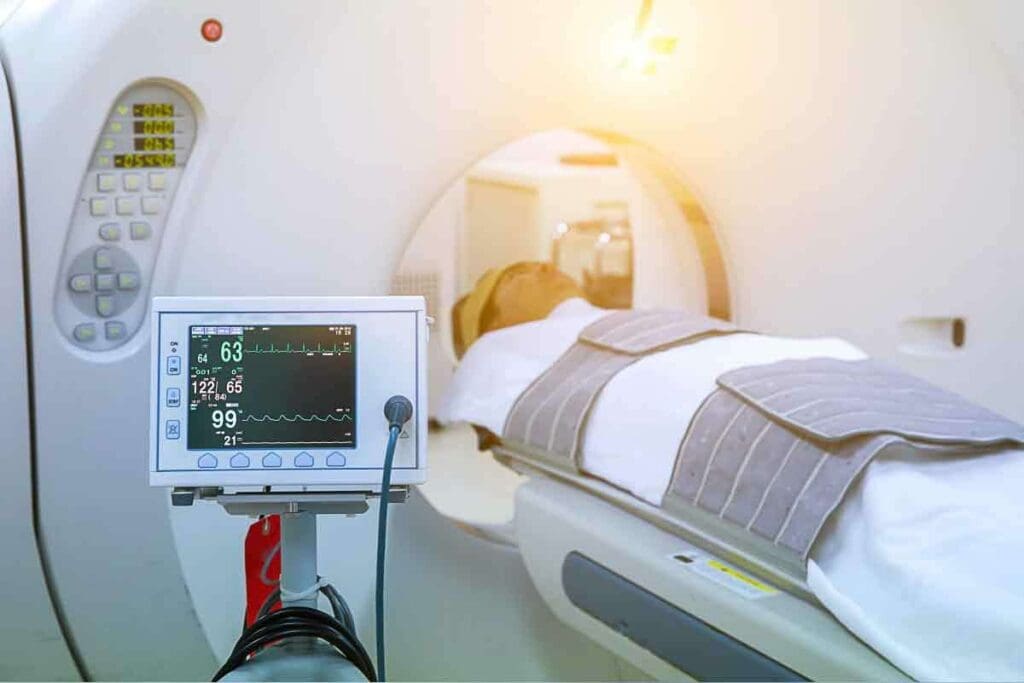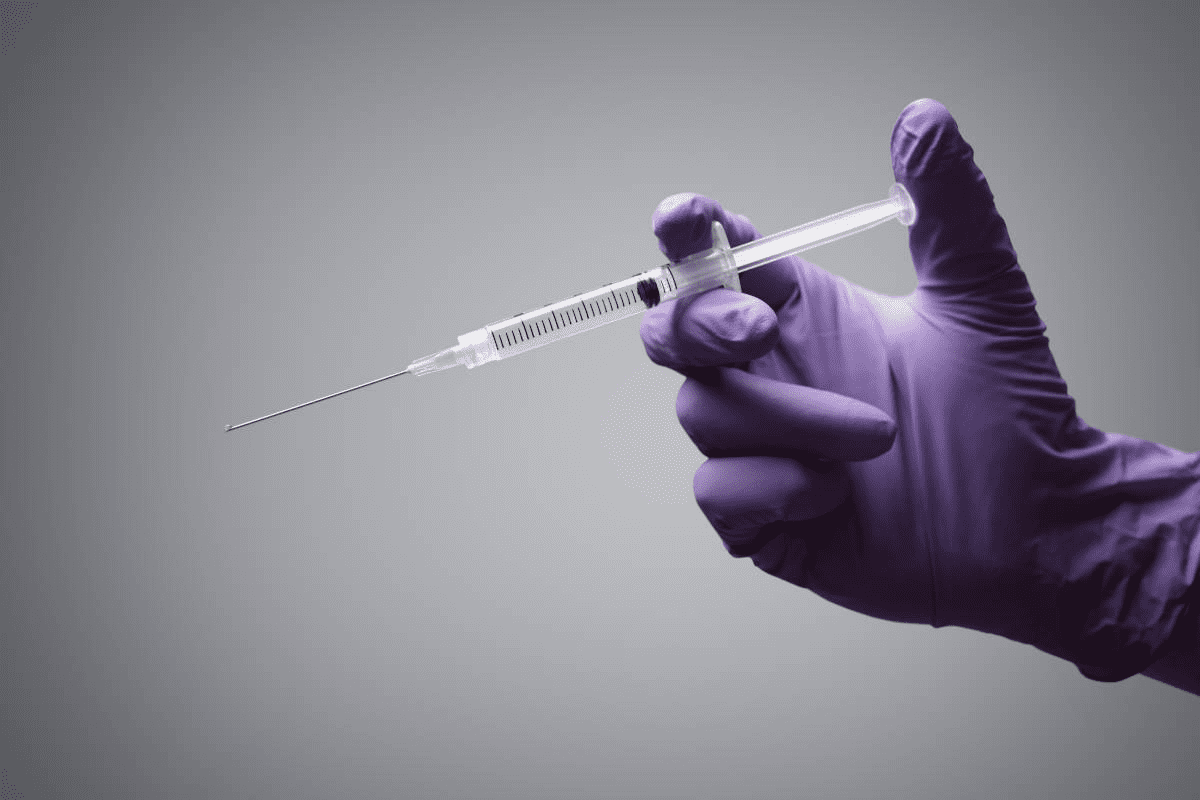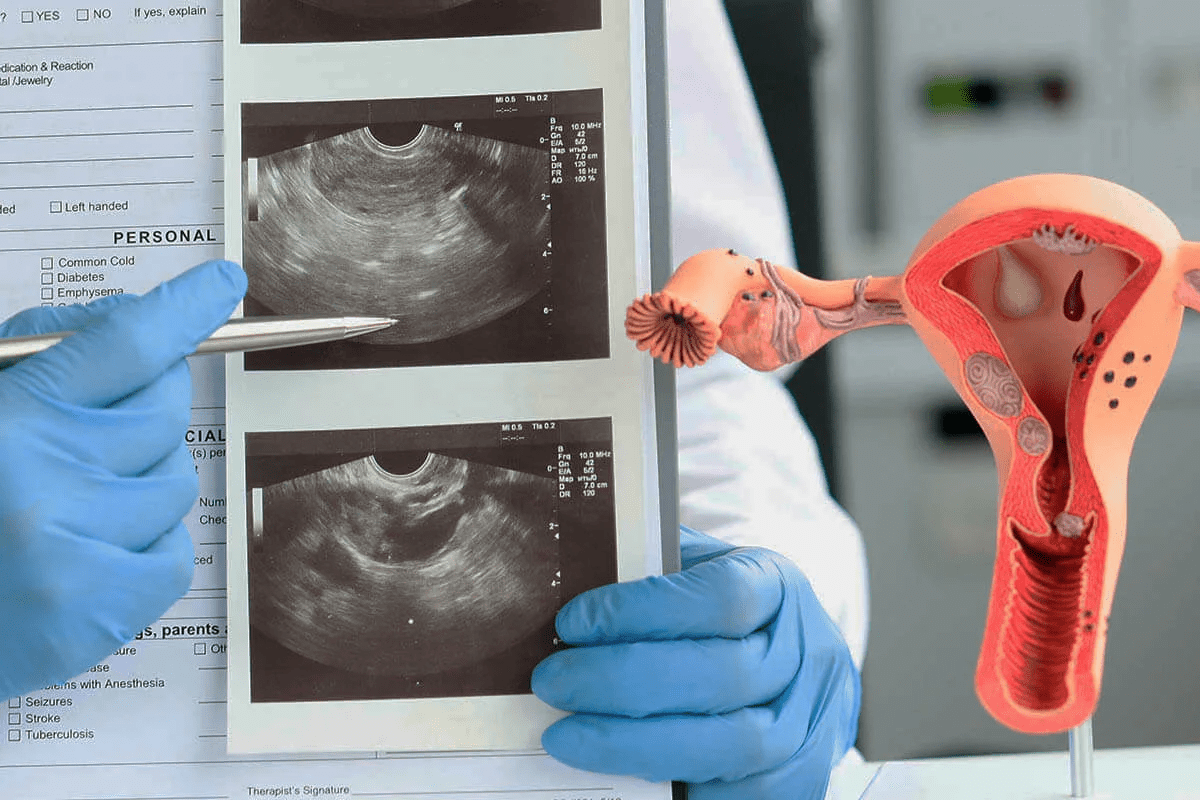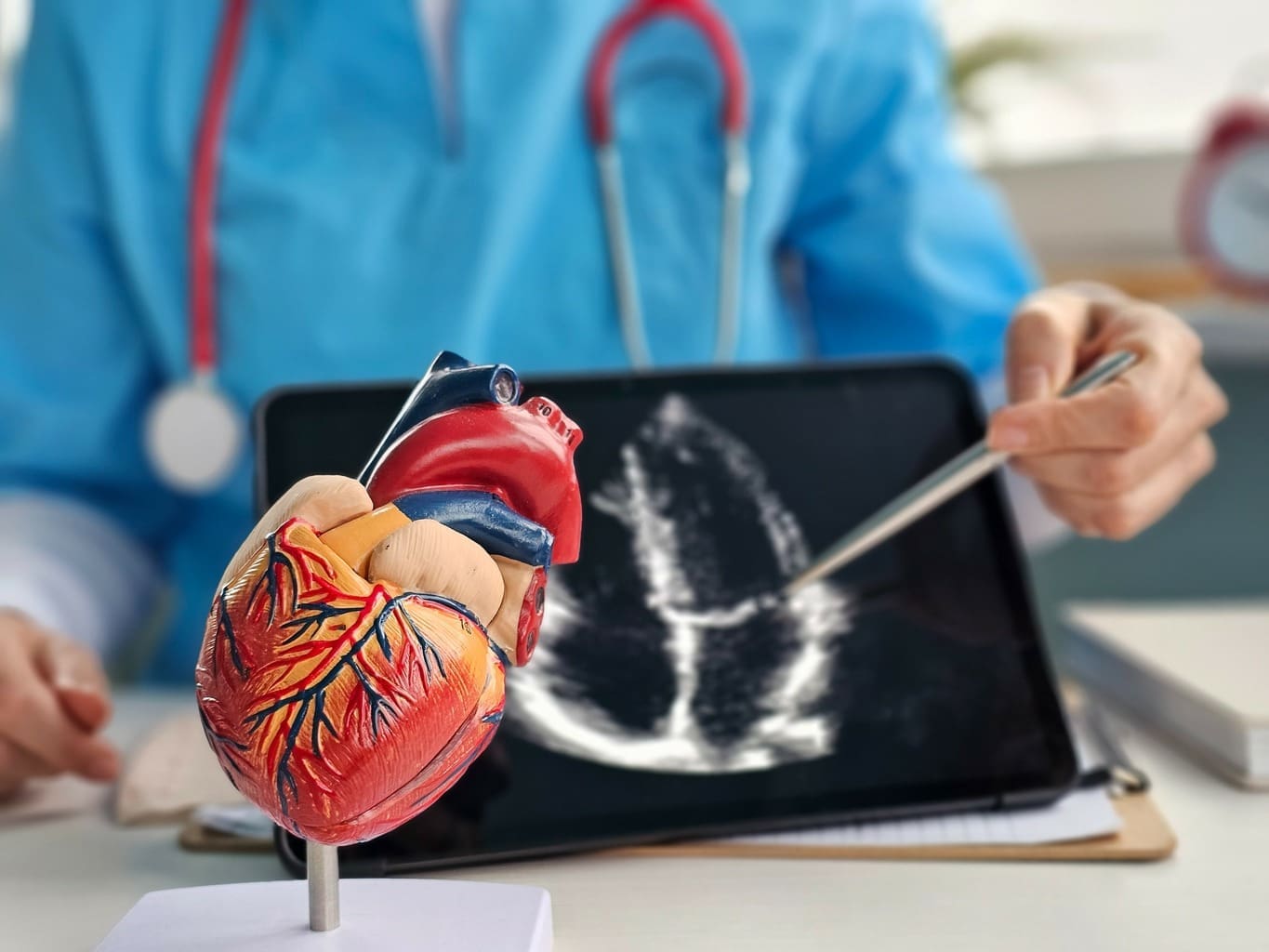Last Updated on November 27, 2025 by Bilal Hasdemir

At LivHospital, we know how important it is to get CT scan results fast. We focus on quick and accurate diagnostic care. This is key to our healthcare services.Discover how long do CAT scan results take with our ultimate guide. We provide powerful answers and amazing insights into factors affecting timing.
Usually, CT scan results come in 24 to 48 hours. But in emergencies, we aim to get them to you in under an hour. For regular scans, you can expect to wait anywhere from a day to a week.
We know waiting for diagnostic results can be stressful. At LivHospital, we’re all about making this wait as short as possible. We also make sure our results are always accurate.
Key Takeaways
- CT scan results are typically available within 24 to 48 hours.
- In emergency settings, results can be provided within an hour.
- Routine outpatient scans usually take one day to one week.
- LivHospital prioritizes timely and accurate diagnostics.
- Our team is dedicated to minimizing waiting times for patients.
Understanding CT Scans and Their Importance

CT scans are key in today’s medicine. They let doctors see inside the body clearly. We use them to find many health issues, from quick injuries to long-term diseases. Let’s look at what CT scans are, how they help, and when they’re needed.
What is a CT (CAT) Scan?
A CT (Computed Tomography) scan, or CAT scan, uses X-rays and computers to show body parts in detail. They’re great for seeing inside injuries, finding tumors, and checking how organs work. Unlike regular X-rays, CT scans show more of what’s inside, helping doctors make better diagnoses.
Common Medical Conditions Requiring CT Scans
CT scans help find and monitor many health problems. Here are some common ones:
- Trauma and Injuries: They check for internal injuries, like bleeding or organ damage, in people hurt badly.
- Cancer: CT scans find tumors, track their growth, and check if treatments are working.
- Vascular Diseases: They spot and track problems with blood vessels, like aneurysms or blockages.
- Infections and Inflammatory Conditions: CT scans find abscesses, infections, or diseases that cause inflammation in different organs.
The Diagnostic Value of CT Imaging
CT imaging is valuable because it shows body parts clearly. Doctors can:
| Diagnostic Capability | Description |
| Accurate Diagnosis | CT scans help find health issues exactly, often avoiding the need for surgery. |
| Monitoring Disease Progression | They track how health conditions change, helping decide on treatments. |
| Guiding Medical Procedures | CT scans help with procedures like biopsies or treatments for tumors. |
Knowing how important CT scans are helps patients understand their role in healthcare. As we learn more about getting CT scan results, we see how vital these tools are.
How Long Do Cat Scan Results Take? Typical Timeframes
The time to get CT scan results varies a lot. It depends on the medical situation and how urgent it is. Waiting for results can be stressful for patients. It’s important to know what to expect.
Emergency Situations
In emergencies, CT scan results come back in about an hour. This quick time is key for fast medical action. Our teams work fast to make quick decisions.
Routine Outpatient Scans
For regular scans, results take 24 to 48 hours. This time let’s for a detailed look at the images. It also gives quick feedback to patients and doctors.
Non-Urgent Cases
For less urgent cases, results might take one to two weeks. This longer time is for conditions that aren’t as critical. There’s no rush for a quick diagnosis.
Complex Cases Requiring Additional Review
For complex cases, results can take up to four weeks. These cases need extra review and might need more tests. They involve complex medical issues.
Knowing these timeframes helps manage expectations and reduces stress for patients. Remember, these times can change based on the healthcare facility’s policies and each case’s details.
The CT Scan Process: From Procedure to Results
The journey to your CT scan results starts before the scan. Knowing each step can help manage your expectations and reduce anxiety.
Before the Scan: Preparation Requirements
Preparation is key for a CT scan. Patients often need to fast for a few hours before the scan if a contrast agent is used. It’s also important to remove metal jewelry or objects that could interfere with the scan. Wearing a hospital gown is required to avoid clothing issues.
Patients should also tell their healthcare provider about any medical conditions, allergies, or past reactions to contrast agents. This ensures the scan is safe and effective.
During the Scan: What to Expect
During the CT scan, patients lie on a table that slides into a doughnut-shaped machine. The scan is quick, lasting only a few minutes. Patients must remain very quiet to get clear images. Sometimes, a contrast agent is used to highlight certain areas of the body.
The technologist operating the CT scanner will talk to the patient through an intercom. They give instructions and reassurance during the scan.
After the Scan: Image Processing and Analysis
After the scan, the images are processed and analyzed by radiologists. This step is vital for spotting any issues that need medical attention. The radiologist’s skill is key in understanding the complex images from the CT scan.
The analysis involves a detailed review of the images. The radiologist compares them with previous scans, if any, and creates a detailed report for the patient’s healthcare provider.
Result Delivery Methods
Once the analysis is done, the results are shared with the patient. This can be through in-person consultations, digital communication through patient portals, or phone calls for urgent matters.
The method of delivery depends on the healthcare facility’s policies and the patient’s preferences. It’s best to discuss your preferences with your healthcare provider.
Key Factors Affecting CT Scan Result Timing
Several factors influence how fast you get your CT scan results. Knowing these can help you understand the process better. It also makes the wait more manageable.
Medical Urgency and Priority Status
How urgent your scan is affects its priority. Emergency scans get done first, before routine ones.
In emergencies, CT scans help quickly spot serious issues. So, they get done fast, and results come sooner.
Type and Complexity of the CT Scan
The complexity of your CT scan impacts timing. More complex scans need more time for analysis.
| Scan Type | Complexity Level | Typical Result Time |
| Simple CT Scan | Low | 24-48 hours |
| Complex CT Scan | High | 1-2 weeks |
| CT Scan with Contrast | Medium-High | 48-72 hours |
Use of Contrast Agents
Contrast agents in CT scans also affect timing. They highlight body areas but need extra time for processing.
Scans with contrast take longer because of the extra analysis needed for the enhanced images.
Need for Comparison with Previous Images
At times, radiologists compare current scans with past ones. This helps track changes or condition progression.
This comparison adds to the time needed for results. Radiologists must review both current and past images carefully.
Understanding these factors helps patients see the complexity of getting CT scan results. While some are quick, others need more time for detailed analysis or comparison.
Healthcare Facility Policies and Infrastructure
The time it takes to get CT scan results can change a lot. This depends on the healthcare facility’s setup and rules. Knowing these can help patients understand the process better and know what to expect.
Hospital vs. Outpatient Imaging Centers
Hospitals and outpatient imaging centers work differently. Hospitals often deal with emergencies first, which can slow down routine CT scan results. On the other hand, outpatient centers focus on scheduled scans and might be faster.
Outpatient centers have quicker processes for routine scans. Butcomplex cases might go to hospitals. Hospitals take longer because they handle emergencies first.
Digital Systems and Result Distribution
Digital systems have changed how CT scan results are shared. Facilities with advanced systems can share images and reports quickly. This makes results available faster to healthcare providers.
Electronic health records (EHRs) also help a lot. They make it easy to access patient info and scan results. This helps doctors and patients talk about results quickly.
Staffing Models and Operating Hours
The way facilities are staffed and when they are open affects result timing. Places open 24/7 can handle scans faster, including emergencies.
Using teleradiology services can also speed up results. Specialists can review images outside regular hours.
Regional Differences in Healthcare Systems
Healthcare systems vary by region. Urban areas usually have better facilities and quicker access to services. This can mean faster results.
Rural areas face challenges like fewer resources and longer travel times. This can slow down getting results.
| Facility Type | Typical Turnaround Time | Factors Influencing Timing |
| Hospital | 24-48 hours | Emergency case prioritization, complex cases |
| Outpatient Imaging Center | 24 hours | Streamlined processes, fewer emergency cases |
| Rural Facilities | 48-72 hours | Limited resources, longer travel times |
Knowing these factors helps patients and healthcare providers plan better. While results times can vary, understanding facility differences offers useful insights.
The Radiologist’s Role in CT Scan Interpretation
Radiologists are key in understanding CT scan results. They use their knowledge to interpret CT scans. This involves knowing human anatomy and spotting small issues that could mean big health problems.
Image Review and Analysis Process
The radiologist starts by carefully looking at the CT scan images. They examine many images and turn them into 3D models. They use special software to improve image quality and find any oddities.
“Radiologists are very important in spotting normal changes versus serious health issues,” says a well-known radiologist. “It’s a tough job that needs both technical skills and clinical insight.”
Specialized Expertise Requirements
Reading CT scans requires a lot of specialized knowledge. Radiologists get a lot of training. They learn about CT imaging and how to spot different health problems. Their skills help make accurate diagnoses.
Consultation with Other Medical Specialists
Radiologists often talk to other doctors to make sure their findings match the patient’s symptoms. This teamwork helps make sure the diagnosis is complete. For example, a radiologist might talk to an oncologist about tumors or a surgeon about surgery options.
Report Generation and Verification
After looking at the CT scan images, radiologists write a detailed report. The report talks about any problems found, measures of lesions, and what tests or treatments might be needed. The report is checked for mistakes before it’s shared with the doctor and the patient.
The time it takes to get CT scan results can change a lot. It depends on how complex the case is and how busy the radiologist is. But thanks to new digital systems, many places can give results in 24 to 48 hours for simple cases.
In summary, radiologists play a critical role in CT scan interpretation. They need technical skills, medical knowledge, and analytical abilities. Knowing how they work helps patients see the importance of radiologists in their care.
Patient Experience: Waiting for CT Scan Results
Waiting for CT scan results can be tough for patients. It’s filled with uncertainty and anxiety. Patients often have many questions about their health and what might happen next.
Managing Anxiety During the Waiting Period
It’s important to manage anxiety while waiting for CT scan results. Staying informed about the process and timeline can help. Patients should ask their healthcare providers about what to expect and when they can get their results.
Doing stress-reducing activities like meditation, reading, or spending time with loved ones can help. As one patient said, “Keeping myself occupied and focusing on the present moment really helped me cope with the wait.”
Understanding the Importance of Thorough Analysis
It’s key for patients to know that a thorough analysis of CT scans is vital. Radiologists and healthcare providers take their time to review images carefully. They make sure to consider all relevant information.
“The accuracy of our diagnosis depends on a thorough review of the images. We understand that waiting can be difficult, but it’s a critical part of providing the best possible care.”
Communication with Healthcare Providers
Keeping open communication with healthcare providers is essential during the waiting period. Patients should feel free to reach out if they have questions or concerns about their CT scan results.
- Ask about the expected timeline for receiving results
- Inquire about the process for reviewing and interpreting CT scan images
- Discuss any concerns or questions you have about your scan
When to Follow Up About Delayed Results
If the expected timeframe for receiving CT scan results has passed, patients should follow up with their healthcare providers. A polite inquiry about the status of their results can help ensure any issues are addressed quickly.
By understanding the process, managing anxiety, and keeping in touch with healthcare providers, patients can better navigate the waiting period.
How to Potentially Expedite Your CT Scan Results
Waiting for CT scan results can feel like an eternity. But there are ways to speed up the process. Knowing what affects the timing and taking action can make a big difference.
Scheduling Strategies for Faster Turnaround
Choosing the right time for your CT scan can cut down waiting times. Scans during less busy times or early mornings might be quicker. Also, scans on weekdays are often faster because there are more staff.
Here are some tips for scheduling:
- Find out when the imaging center is busiest and least busy.
- Book your scan during the less busy times.
- Try to avoid scheduling on days with other medical appointments.
Important Questions to Ask Before Your Scan
Knowing about your CT scan and the process can help get results faster. Before your scan, ask the right questions for a smooth experience.
Understanding Result Prioritization Systems
Healthcare facilities have different systems for prioritizing results. Urgent cases get priority, while routine scans wait in line. Knowing your scan’s priority can give you an idea of when to expect results.
| Priority Level | Description | Typical Turnaround Time |
| Urgent | Critical or emergency cases require immediate attention. | 1-2 hours |
| High Priority | Non-emergency but important cases that need prompt results. | 4-24 hours |
| Routine | Standard scans without urgent or high-priority status. | 24-48 hours |
Understanding these factors and asking the right questions can help. While some things are out of your control, being proactive can speed up getting your CT scan results.
Conclusion: Balancing Accuracy and Timeliness in CT Diagnostics
At LivHospital, we know how key CT scan result timing is in patient care. We aim to mix accuracy with speed. This is shown in our use of the latest medical standards and team care plans.
We talked about what affects how fast CT scan results come back. This includes how complex the scan is, how busy the radiologist is, and hospital rules. By improving these areas and using digital tools, we can make results come faster.
Our goal is to give top-notch healthcare with full support for international patients. We balance fast results with precise diagnoses to give our patients the best care. At LivHospital, we’re all about keeping CT diagnostics at the highest level, ensuring quick and accurate results for our patients.
FAQ
How long does it take to get CT scan results?
The time to get CT scan results varies. It depends on the scan’s urgency, complexity, and the facility’s policies. Emergency scans might have results in an hour. Routine scans can take 24-48 hours.
Non-urgent scans may take 1-2 weeks. Complex cases can take up to 4 weeks for a detailed review.
What factors affect the timing of CT scan results?
Several factors affect CT scan result timing. These include the scan’s urgency, complexity, and the use of contrast agents. The facility’s setup, staffing, and hours also matter.
How can I potentially expedite my CT scan results?
To get your CT scan results faster, try scheduling early morning appointments. Asking questions about result priority and timing can also help.
What is the role of radiologists in CT scan interpretation?
Radiologists are key in interpreting CT scans. They review images carefully and may consult with specialists. Their detailed analysis ensures accurate diagnoses.
How do healthcare facilities influence CT scan result timing?
Facilities greatly impact CT scan result timing. Their policies, setup, and staffing models vary. Digital systems can speed up result distribution. Regional healthcare systems also play a role.
What should I do while waiting for my CT scan results?
While waiting, managing anxiety is important. Understanding the analysis process helps. Keeping in touch with your healthcare team and knowing when to follow up is also helpful.
How long does it take to read a CT scan?
Reading a CT scan’s time varies with complexity. Simple scans are quicker, while complex ones take longer. The radiologist’s expertise and need for consultation also affect the time.
Can the use of contrast agents affect CT scan results?
Yes, contrast agents can delay CT scan results. They require extra processing time. But, they’re often necessary for accurate diagnosis.
How do I understand the results of my CT scan?
Understanding your CT scan results means talking to your healthcare provider. They’ll explain the findings and what they mean for your health. It’s good to ask questions to clear up any doubts.
What happens if my CT scan results are delayed?
If results are delayed, contact your healthcare provider. They can update you on the status and when to expect the results. Delays can be due to scan complexity or facility workload.
References
- Thakor, N., et al. (2020). The analysis of waiting time and utilization of computed tomography (CT) in healthcare systems. BMJ Open Quality, 9(4), e000990. https://pmc.ncbi.nlm.nih.gov/articles/PMC7821363/






